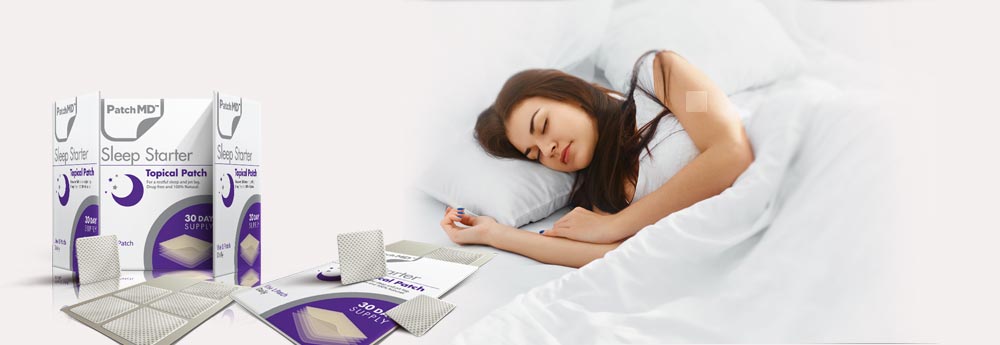Obtaining sufficient amounts of quality sleep is an absolute necessity for good health, yet many of us experience sleep difficulties on occasion. Insomnia occurs due to a variety of factors—ranging from long hours of work or travel to sleep-disruptive conditions, such as urinary frequency and stressful events. Elderly adults may be particularly susceptible to difficulty sleeping and nighttime awakenings, due to the decline in melatonin levels associated with aging.1 Melatonin can help promote healthy sleep patterns in some people, regardless of the cause of insomnia.
A large analysis revealed several of melatonin’s sleep-enhancing benefits. Reviewing 15 studies of sleep in healthy adults, scientists noted that melatonin administration significantly reduced sleep latency (the amount of time needed to fall asleep), while boosting sleep efficiency (the percentage of time in bed spent asleep) and increasing total sleep duration.2
Men with benign prostatic enlargement often experience poor sleep due to nighttime urinary frequency. Scientists from the United Kingdom found that melatonin may offer an effective solution. When 20 older men were treated with 2 mg of melatonin each day for one month, they experienced a significant decrease in nighttime urination, and reported that their condition was less bothersome than before treatment.1
Individuals who work the night shift are often chronically tired due to difficulty falling asleep during the daytime. Supplementing with melatonin has helped improve the length and quality of daytime sleep in these individuals. These findings demonstrate an important characteristic of melatonin: the hormone exerts its hypnotic (sleep-inducing) and sedative (anxiety-relieving) effects, regardless of dosage time.3
Traveling to different time zones often leads to the fatigue and insomnia known as jet lag. Usually when supplementing with melatonin can help prevent or reduce jet lag, particularly when traveling across several time zones. Melatonin works by helping re-synchronize the body’s circadian rhythms, helping the traveler adapt to the local time.3
Melatonin is used in doses ranging from 0.3-5.0 mg to promote sleep, with doses of 1-3 mg most common.4 Studies examining melatonin’s effects on cancer have utilized doses of 3-50 mg per day.3 Melatonin has a sedating effect, which may be magnified by the use of benzodiazepines or other sedating drugs such as antihistamines or antidepressants. Similarly, the use of melatonin with valerian, 5-hydroxytryptophan, or alcohol may increase sedation.4 The bioavailability of oral melatonin is increased by co-administration of the antidepressant drug fluvoxamine (Luvox®). Beta blockers, as well as aspirin and other non-steroidal anti-inflammatory drugs, may decrease melatonin production in the body.4
A factor in restorative sleep, melatonin’s benefits extend to neuroprotection and fighting cancer. Its powerful antioxidant effect offers important enhancements to the brain and nervous system, helping protect against age-related damage. Most exciting are melatonin’s benefits for cancer patients—relieving anxiety and improving survival from an array of cancers. Finally, migraine sufferers using melatonin may enjoy a vast decline in the frequency and severity of their headaches—leading to a tremendously improved quality of life.
References
1. Drake MJ, Mills IW, Noble JG. Melatonin pharmacotherapy for nocturia in men with benign prostatic enlargement. J Urol. 2004 Mar;171(3):1199-202.
2. Brzezinski A, Vangel MG, Wurtman RJ, et al. Effects of exogenous melatonin on sleep: a meta-analysis. Sleep Med Rev. 2005 Feb;9(1):41-50.
3. [No authors listed] Melatonin. Monograph. Altern Med Rev. 2005 Dec;10(4):326-36.
4. Available at: http://www.pdrhealth.com/drug_info/nmdrugprofiles/nutsupdrugs/mel_0286.shtml. Accessed March 16, 2007.

